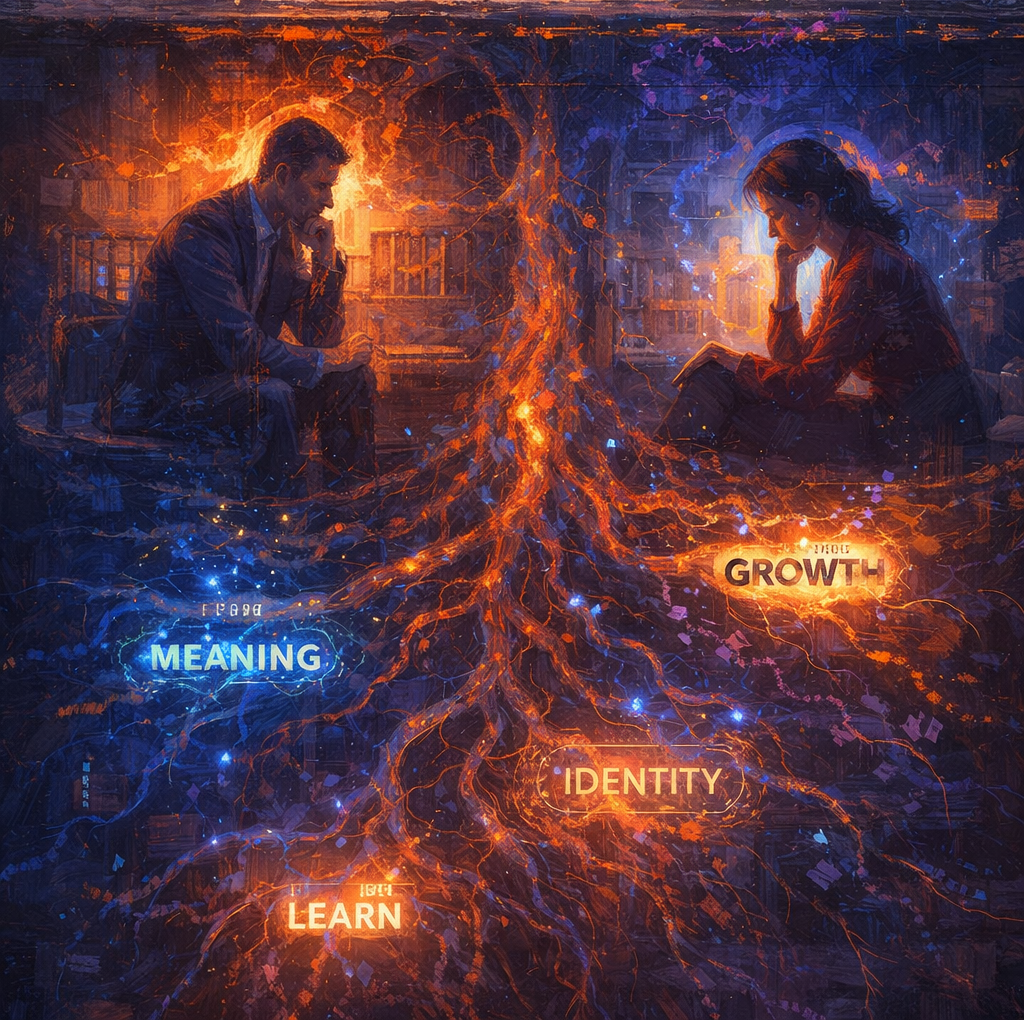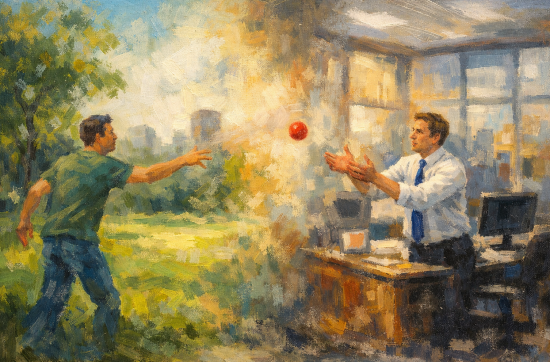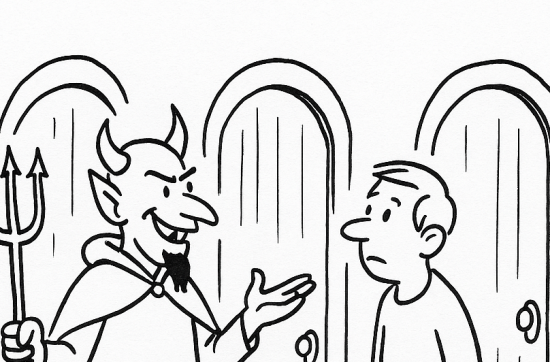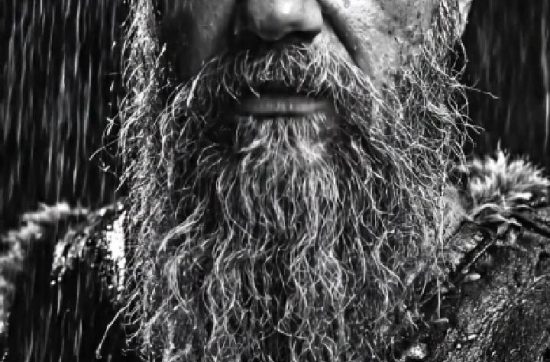Most organisations now have some form of wellbeing initiative. Stress management workshops. Resilience training. Mental health awareness days. Flexible working policies. These are not bad things. But they tend to operate at a relatively low…
Blogs
Wellbeing and the Attention Economy
Wellbeing at Work Isn’t About Stress. It’s About Attention. Most workplace wellbeing conversations start in the same place: stress, burnout, resilience, and coping strategies. Organisations introduce support programmes, mindfulness apps, mental health days, and manager…
The Wellbeing Question We Never Really Answer
When people are asked to rate their life on a scale from 0 to 10 — from the worst possible life to the best possible life — we tend to assume something obvious: That people…
If Half of the UK Is Thriving, Why Is Only 10% Engaged at Work?
UK data presents a clear contradiction: 49% of people are thriving in life, yet only 10% are engaged at work. Given that work consumes over half of our waking hours, this appears illogical.
The most common explanation is that people tolerate work and source their wellbeing elsewhere — through relationships, family, hobbies, purpose, and positive emotion outside the workplace.
However, a deeper issue sits underneath the data.
Meaning as Evolutionary Design
When meaning erodes, the effects are not subtle. At both individual and population levels, lack of meaning correlates with poorer mental health, lower resilience under stress, and reduced life satisfaction.
Three Doors, Six Inches of Manure, and How We Judge Wellbeing
Why We Judge Wellbeing by Comparison, Not by Intention
When you next think about your own wellbeing, it’s worth asking:
Am I judging my life against others — or against my own potential?
Have I defined what “good” looks like for me?
Or have I simply picked the door that smells least unpleasant right now?
Are We Really Buying Wellbeing — Or Just Rebranding the Basics?
The things most likely to improve long-term wellbeing are often the least commercial.
They include:
Strong relationships and social connection
Meaningful work and autonomy
Physical activity and sleep (not products, but habits)
Psychological skills like emotional regulation and reflection
A sense of direction shaped by values, not consumption
These are harder to package, scale, and sell — which is precisely why they occupy such a small share of the market.
Happiness: It’s all about the money. Or is it?
Money removes suffering.
It doesn’t guarantee fulfilment.
AI Experiment: A Viking Finds Meaning
https://sprintliving.com/wp-content/uploads/2026/01/Viking-Experiment-MEaning-Portrait-No-Logo-720.mp4
Maditation in a Crowded Train Station
A tale of cortisol, fairness, and trying not to fight the entire Northern Line.









